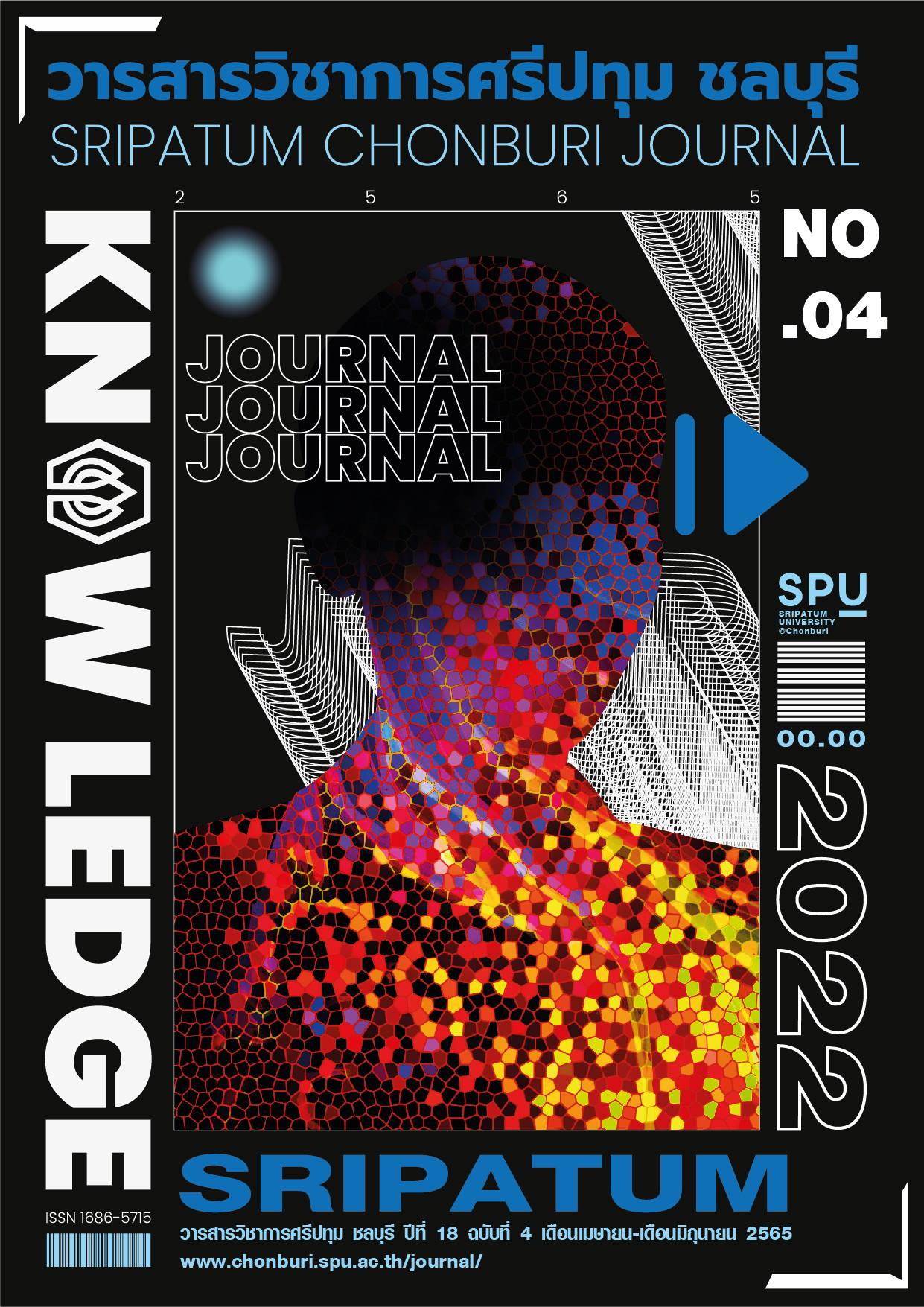LEGAL PROBLEMS AND OBSTACLES CONCERNING ON THE ENFORCEMENT OF THE LAW ON PAWNSHOP
Keywords:
pawnshop, pawnbroker, pledged propertyAbstract
The objective of this research was to investigate the enforcement problems of the Pawnshop Act B.E. 2505 (1962) regarding the permission to establish a pawnshop which is contrary to the freedom of occupation under the Constitution of the Kingdom of Thailand B.E. 2560 (2017), Section 40 and Section 77 which states that the state must make laws as necessary and abolish or revise laws that impede life or occupation, pledge limitations, license renewals, and license renewal periods that are inconsistent with current economic and social conditions. The major findings revealed that, based on the Pawnshop Act B.E. 2505 (1962)’s provisions, the permission required to set up a pawnshop is contrary to the principles of freedom of occupation under the Constitution of the Kingdom of Thailand B.E. 2560 (2017), Section 40 and Section 77 because the state has an obligation to laws that must be created as necessary and laws that impede life or occupation. The Pawnshop Act B.E. 2505 (1962), Section 4, according to the definition of a pawnshop, has eliminated the amount of the pawnshop at one hundred thousand baht. The annual renewal of the license and the stipulated four-month and thirty-day pledge redemption period are deemed inconsistent with current socio-economic conditions.
From the findings, the researcher suggests that the registration form should be used instead of license issuance because it is consistent with the principle of freedom of occupation and the principle that the state should use the license system in case of only necessary. There should be an amendment to the amount of the pledge to be not less than 50 percent of the value of the pledged property and the revision of the license period to be effective for 5 years from the date of license reception which requires licensees to pay an annual license fee, instead. In addition, the redemption period should be extended for 6 months and 30 days, instead.
References
ชาญชัย แสวงศักดิ์. (2560). หลักนิติธรรมและหลักนิติรัฐ ความเข้าใจที่ไม่ตรงกันและมีผลต่อองค์กรตุลาการ. วารสารศาลรัฐธรรมนูญ, 19(55), หน้า 56-80.
ไทยพับลิก้า. (2561). Thailand’s simple & smart licence #1 วิษณุ เครืองาม เล็งขอมติ ครม. สั่งส่วนราชการทบทวนกฎหมาย-ระเบียบการอนุญาต ให้เสร็จใน 1 ปี
(ออนไลน์). เข้าถึงได้จาก: https://thaipublica.org/2018/11/thailand-law-reform-simple-smart-licence-01/ [2564, 5 ธันวาคม].
ภัฏฐิญา สิริบวรพิพัฒน์ และกิตติธัช พรพุทธพงศ์. (ม.ป.ป.). ปัญหาข้อกฎหมายเกี่ยวกับระบบคณะกรรมการและการตรวจสอบการประกอบกิจการโรงรับจำนำตาม
พระราชบัญญัติโรงรับจำนำ พ.ศ. 2505 (ออนไลน์). เข้าถึงได้จาก: http://dspace.spu.ac.th/bitstream/123456789/6861/1/13.%E0%B8%9A%
E0%B8%97%E0%B8%84%E0%B8%A7%E0%B8%B2%E0%B8%A1.pdf [2564, 5 ธันวาคม].
วิมล ชาตะมีนา. (2554). โครงการบทบาทขององค์กรปกครองส่วนท้องถิ่นในการบริหารจัดการสถานธนานุบาลเพื่อพัฒนาคุณภาพชีวิตและความมั่นคงทางการเงิน
ของประชาชน. กรุงเทพฯ: สำนักงานกองทุนสนับสนุนงานวิจัย (สกว.).
Downloads
Published
Issue
Section
License

This work is licensed under a Creative Commons Attribution-NonCommercial-NoDerivatives 4.0 International License.
บทความทุกบทความเป็นลิขสิทธิ์ของวารสารวิชาการศรีปทุม ชลบุรี



